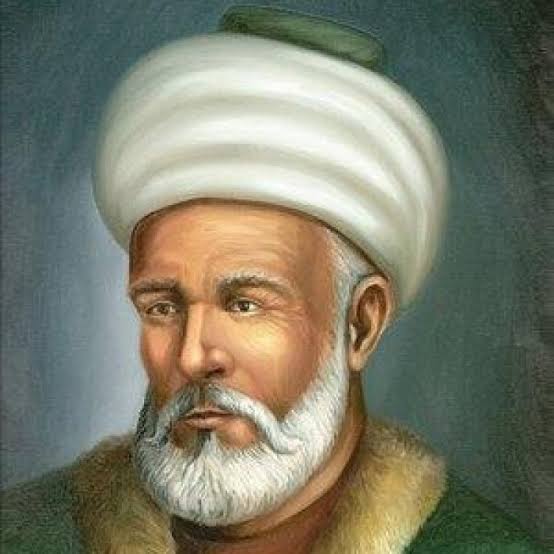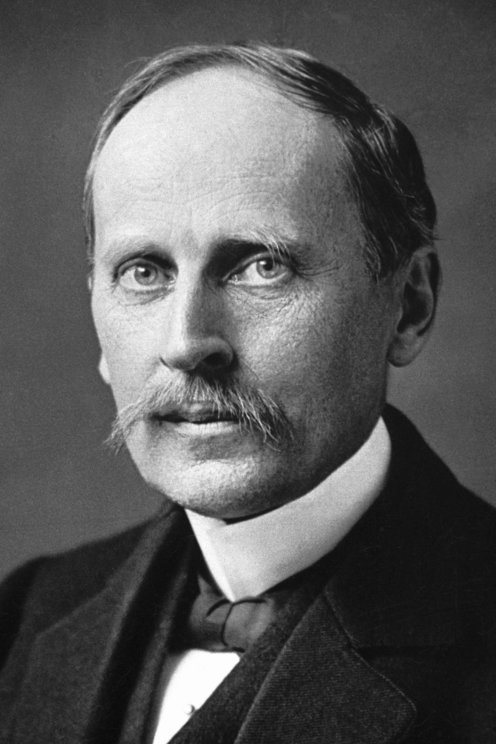(322-384 BC)
Alexander the Great, the world-conquering hero, lamented that there was no country left on earth to conquer. The same is true of his teacher, the great scholar Aristotle. There is no aspect of knowledge that he does not guide. His book Politics introduces modern politics. The drama theory of the book Politics has laid the foundation of poetry theory. He is the father of modern life sciences. A proponent of many philosophical theories. His thought knowledge Manisha developed human civilization for nearly two thousand years. Aristotle was born in 364 BC in the city of Stageira in Thrace. His father was a physician. The name is Nicomacas. Aristotle studied at home as a child. He lost his parents at the age of 18 and left home. He came to Athens to visit. Athens was the center of learning at that time.
Plato, a disciple of Socrates, created a new academic. Aristotle was admitted there. In a short time, he became the best student of the academy in his own right. Plato was also impressed by his extraordinary intelligence. In addition to teaching, Aristotle did research on various subjects - logic, metaphysics, natural sciences, biology, ethics. In a short time, words of his deep knowledge and extraordinary erudition spread around. King Philip of Macedon was no stranger. At the birth of his son Alexander, he entrusted his education to Aristotle. Aristotle was then twenty-eight years young. When Alexander was thirteen years old, Aristotle came at the invitation of King Philip and took charge of his education. Digvijay student of the best guru. Many ancient historical ideas Aristotle's teachings helped to build Alexander's indomitable morale.
In fact, one had a strong desire to conquer and dominate the whole world. The other had the desire to invent new worlds of knowledge and drive it for man. King Philip also had a deep respect for Aristotle. Not only as his son's teacher, but also as a true sage. Stageira, the birthplace of Aristotle, was destroyed by some miscreants. The people there were living in captivity. At the behest of King Philip Aristotle, not only did Stajira rescue the enemy, but he rebuilt the city from the rubble. Aristotle was a wise man on the one hand and a successful teacher on the other. So Alexander had immense respect for the guru.
He used to say, I got this life from my father and I got an education from my guru on how to make this life successful. While Aristotle was doing research on life sciences, Alexander hired many people to help him, whose job was to observe the lives of different kinds of fish, birds, and animals, to collect and send his descriptions. Wherever manuscripts were found in the country and abroad, Alexander collected them at any cost and handed them over to his guru.
When Alexander set out with his army intoxicated with the conquest of Asia, Aristotle returned to Athens. Athens was then the seat of art and cultural education. Aristotle established a school here. He was then fifty years old. The school was named Lyceum. Because nearby was the temple of the Greek god Lyceum. Alexander died suddenly in 323 BC. Disaster came down to the life that the hero lived in the shadow of the student for so many days. A conspiracy has been started against him after receiving news from some loyal students. The final fate of Socrates was not unknown to Aristotle. So he secretly left Athens and took refuge on the island of Hiria. But Aristotle did not have to suffer the pain of this deportation for long. He died in 322 BC.
Aristotle's composition
All that Aristotle wrote throughout his life was passed on to his disciple Theophrastus before he died.
After Theophrastus, all those works were inherited by his disciple Neleus. After Neleus's death, his sons filled an iron ark and buried it under Aristotle's tomb. Two hundred years later, when the Roman army occupied Greece, the manuscript was recovered and brought to Rome. All the writings are worn out. Many attempts were made to make copies of those manuscripts, and Aristotle's works were published on the basis of them. According to the content, Aristotle's works can be divided into several sections - logic, metaphysics, natural science, ethics, rhetoric, poetry. The number of Aristotle's works is close to one thousand. However, most of it has been ruined. It is not difficult to guess from what little has been found, what was his genius. Despite his shortcomings, he was the first to raise the torch of knowledge.
The most notable of his writings are metaphysics and ethics. In these books, he has expressed the view that life is dynamic and constantly evolving. Although there are many accurate theories in all these works, in the case of astronomy and physics, the influence of imagination and irrational ideas is greater than reason. This is because he came to a conclusion on these matters without any examination. As he used to say, if a heavy and light object is thrown from above at the same time, the heavy object will fall first. Hundreds of years later, Galileo proved (under the influence of the earth's gravitational force) that two objects would fall to the ground at the same time. He also believed that everything on earth was stable. He needs to use force to move. Most of Aristotle's views on astronomy were also erroneous. Aristotle wrote that the earth is stable. The moon of the solar system is orbiting the sun in a geometric way around him.
Galileo was the first to disprove this idea. His opinion was that the moon has its own light. Later it was proved that there is no light in the moon. These misconceptions of Aristotle have driven society for centuries. Aristotle cannot be blamed for that. It was the responsibility of later people to properly evaluate his research. But they failed miserably. Despite all the errors, Aristotle is one of the greatest sages of human history যার in the light of the knowledge he has created, man has enriched himself, advanced to a higher level. : !! ►►







0 Comments